Back to blog
Three reasons why your hvac system may not be working
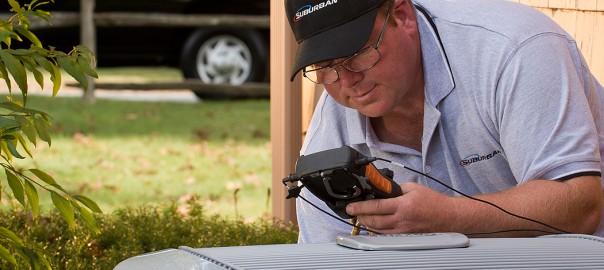
1. Oversized System
Oversized systems are especially inappropriate during the summer months. “An oversized air conditioner may cool a space too quickly, then shut off before it has completed the slower work of reducing humidity.”
There’s nothing worse than feeling cool but damp inside a home in the summer. Researchers have found that the new generation of high efficiency air conditioners are particularly vulnerable to inefficiency and excess summer humidity problems caused by oversizing.
2. Existing Ductwork
Recent scientific research indicates that aging ductwork can contain a number of hidden problems that will degrade your new equipment’s performance.
A recent study by a Department of Energy lab discovered one key reason for this leakage: gray duct tape quickly dries out and is virtually worthless for sealing ducts.
In the summer, expensive cooled air leaks out of your supply ducts, and hot humid air from outside often gets sucked in. In winter the reverse happens. This leakage reduces the heating and cooling to certain rooms and also decreases the overall output of your system.
In addition to reducing comfort and wasting money, duct leaks can also bring in dusty, moldy, and potentially contaminated air from places like your attic, garage, crawlspace or basement. This can affect your health, and also foul or damage internal components of your new equipment.
3. System Installation
Many poorly trained or careless technicians often create problems during installation. Sloppy workmanship often creates duct leakage where your new equipment is connected to your existing ductwork. It’s also essential that your new air conditioning or heat pump system has the proper refrigerant gas charge (most commonly known as FreonTM). Most contractors make no correction for the actual length and internal volume of the copper lines in your system. They just crack open the valves and use whatever refrigerant charge came in the new outdoor unit from the factory. This lack of attention to detail can result in a unit that is charged with either too little or too much refrigerant. In either case, the unit will suffer from an improper charge, and will not be able to function properly.
Another common shortcut is to salvage and continue using worn out or obsolete components of your old system. Almost all new high efficiency air conditioners and heat pumps need a new indoor “evaporator coil” to work properly. This is a big radiator that’s hidden inside your ductwork or air handler. A negligent contractor either doesn’t know the evaporator coil needs to be replaced, or they may not tell you about it, thinking you won’t want to pay for it. They’re doing you no favors. You’ll end up paying more in the long run in higher utility and repair bills. The advertised efficiency of a new air conditioner or heat pump is based on the performance of both new outdoor and indoor components working together as a matched system.
The EPA states: “…be sure your contractor replaces both indoor and outdoor coils for maximum efficiency.”
The copper tubing that connects the inside and outside components of most air conditioners and heat pumps also has to be the right diameter. Many new high efficiency systems need bigger copper lines than you likely currently have. Replacing all the old components of your system does cost more initially, but you get lower utility bills, lower repair costs, improved reliability and warranty, and increased comfort in return.
And finally, the poisonous exhaust fumes from gas and oil furnaces and water heaters must be vented properly out of your home. An uninformed or unscrupulous contractor may install a new system without making required upgrades to the chimney or venting system, literally threatening the lives of your family. Tests and measurements of gas pressure, chimney draft, and carbon monoxide production must be performed. A good contractor will almost always recommend replacing both the indoor and outdoor units of an air conditioner or heat pump. They will be able to document whether or not such things as the copper lines or chimney vents need to be replaced or upgraded. They will be able to describe step-by-step how the technicians will install the new equipment, and how they then test and adjust it during startup to ensure safe and efficient operation.
If you’re in the market for a new system for your home, give us a call. We’re here to serve you.
Take comfort in knowing that Suburban wavers at nothing to provide you with the right system that fits your home and budget.






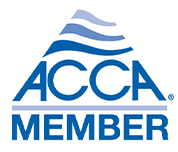
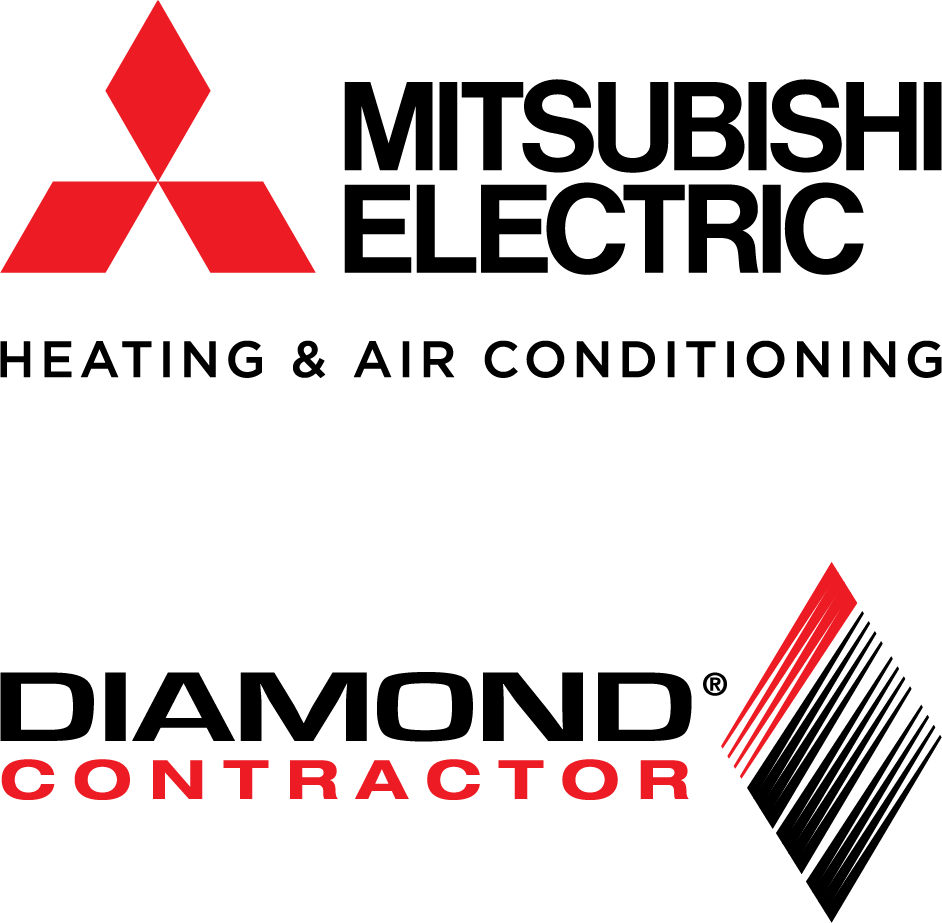


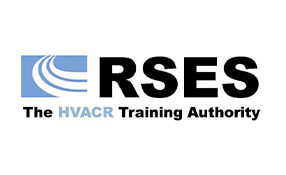
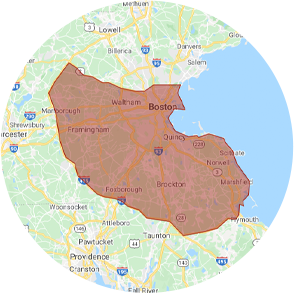

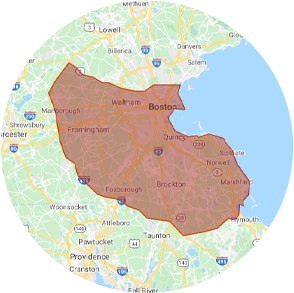

 Blue Corona
Blue Corona